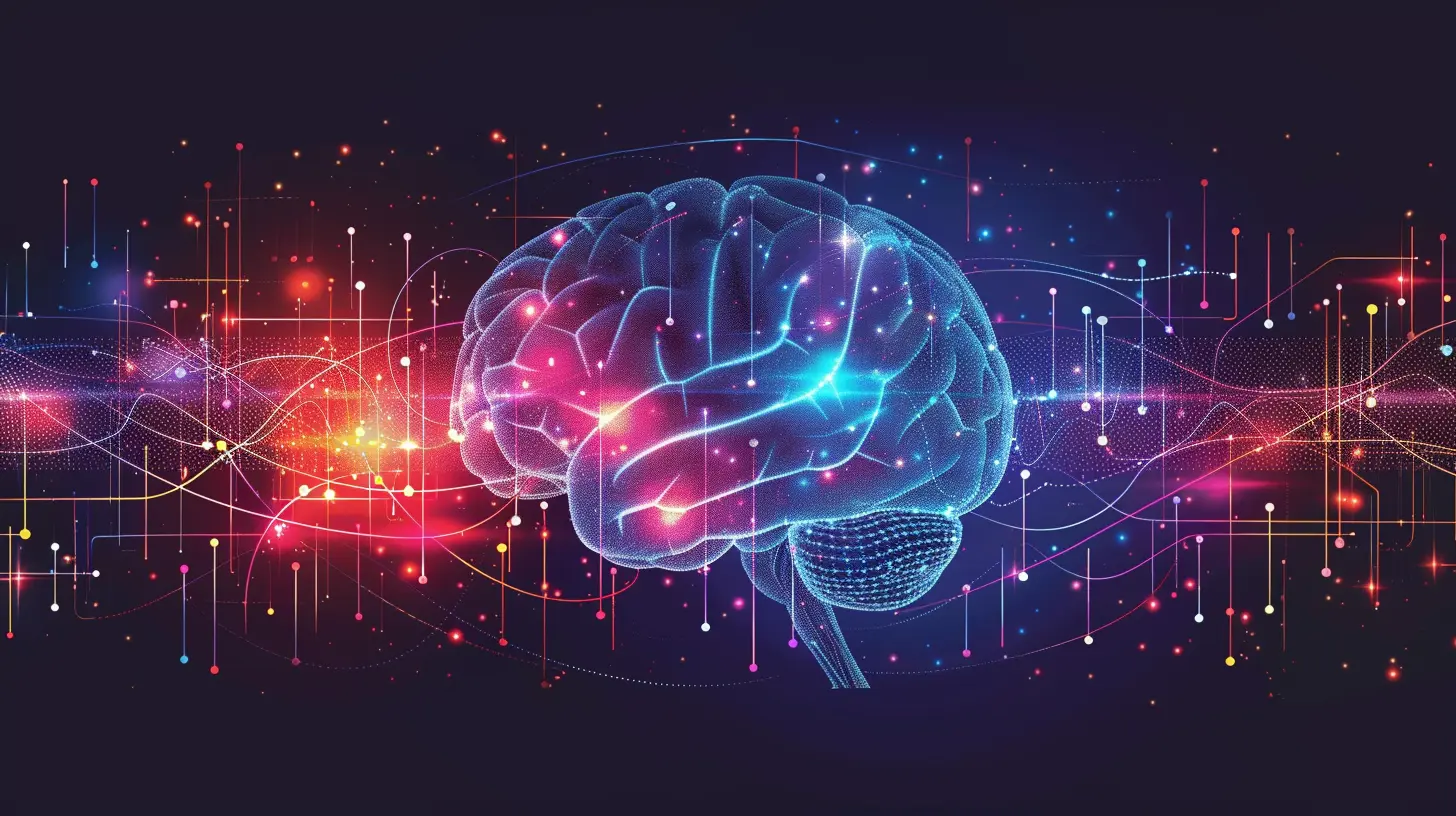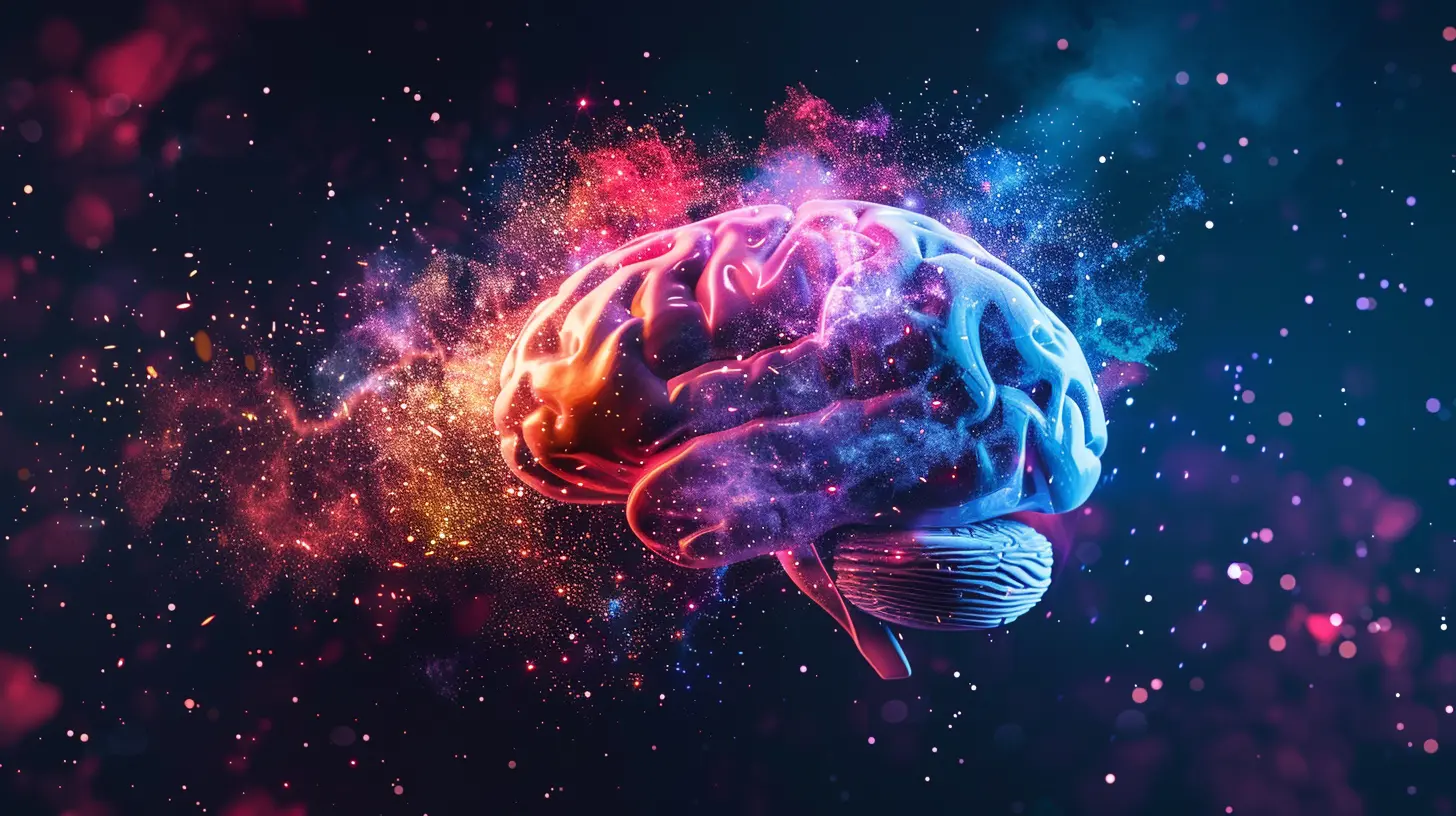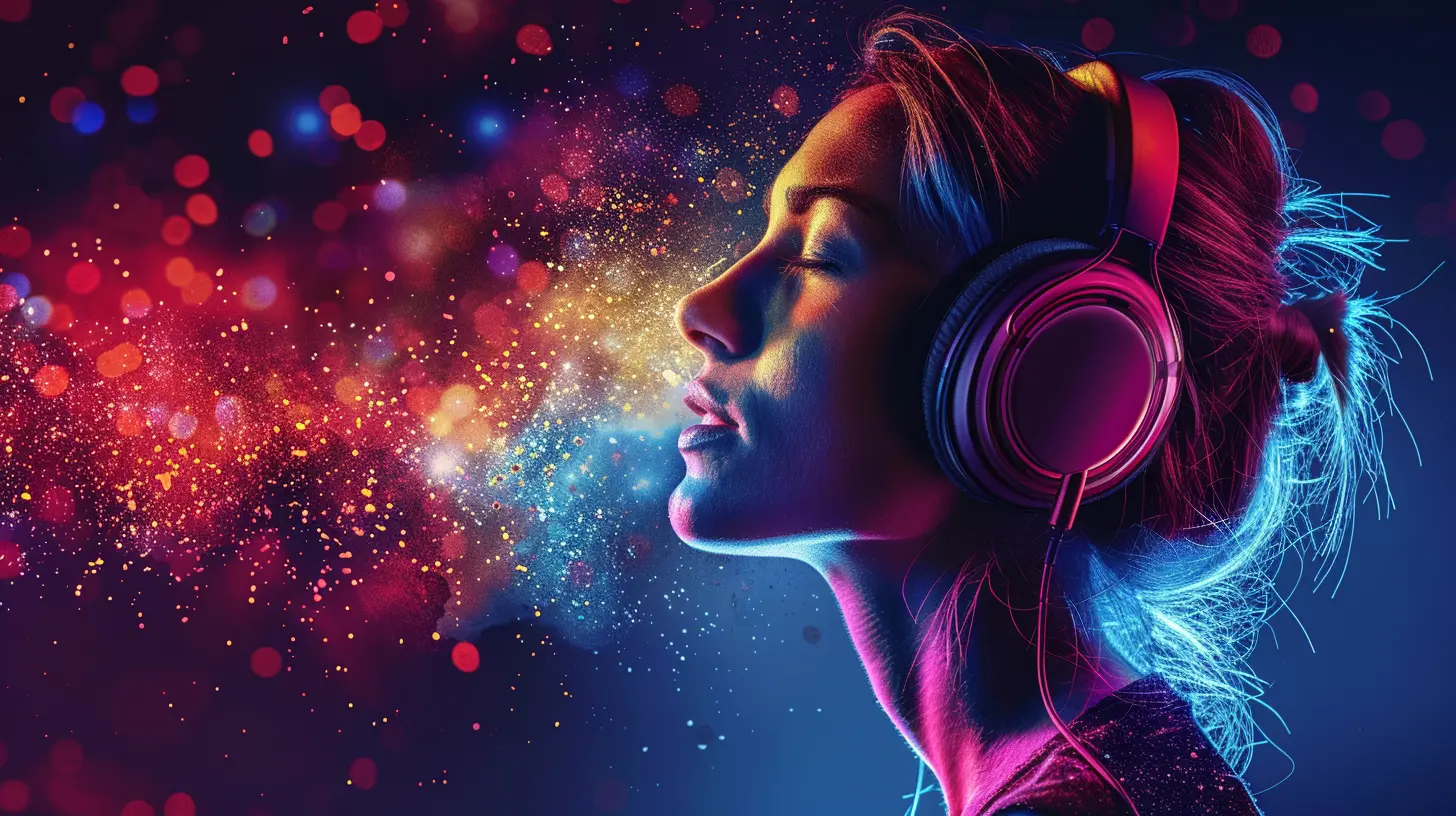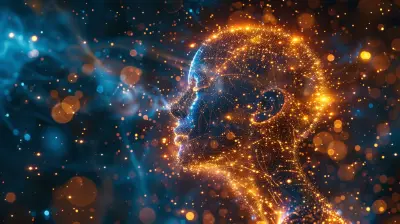Music and the Brain: Why We React Emotionally to Sound
22 November 2025
We’ve all experienced it: a song comes on the radio, and suddenly, you’re transported to another place, another time. Maybe you feel a surge of happiness, or perhaps a wave of melancholy. But why? What is it about music that has such a powerful effect on our emotions? Why can a simple melody bring tears to our eyes or make us feel like dancing?
In this post, we’re diving deep into the fascinating relationship between music and the brain. We’ll explore why our brains are wired to respond emotionally to sound, how music can influence our mood, and the science behind those goosebumps we sometimes get when we hear a certain song.

How Music Interacts With the Brain
Before we can understand why music impacts us emotionally, we need to get a handle on how it interacts with the brain in the first place. When we listen to music, it's not just our ears that are involved. The sound waves that enter our ears are immediately processed by various parts of the brain, each with its own role in decoding and responding to the music.The Auditory Cortex: The First Stop
The auditory cortex, located in the temporal lobe, is the brain’s main hub for processing sound. When you hear a song, this section of the brain breaks down the different components of the music—melody, rhythm, pitch, and tempo. But here’s where it gets really cool: the auditory cortex doesn’t work alone.The Emotional Brain: Limbic System and Amygdala
Music has a way of bypassing the logical part of our brain and hitting us right in the feels, doesn’t it? That’s because music interacts with the limbic system, the area of the brain responsible for processing emotions. Specifically, the amygdala, which plays a key role in emotional reactions, lights up when we listen to music.Ever wonder why certain songs make you feel nostalgic or why a particular tune can bring tears to your eyes? It’s because your brain is linking the music with memories and emotions stored in the hippocampus, another part of the limbic system. The result? An emotional response that feels almost automatic.
Dopamine Release: The Pleasure Chemical
Here’s where things get even more interesting. Studies have shown that listening to music can trigger the release of dopamine, a neurotransmitter often associated with pleasure and reward. You know that feeling when your favorite song comes on, and you just feel good? Yeah, that’s dopamine at work.In fact, research has shown that dopamine levels spike just before the "peak emotional moment" in a song—like when the chorus drops or the beat kicks in. This is why music can be so addictive and emotionally powerful. It's not just in your head; it's in your brain chemistry.

Why We React Emotionally to Music
Now that we’ve covered the basics of how music interacts with the brain, let's tackle the big question: why do we react emotionally to sound?Evolutionary Theories: Survival and Social Bonds
One popular theory is that our emotional reaction to music might have evolutionary roots. Think about it—before language existed, early humans likely used sound and rhythm to communicate. Drumming, humming, and chanting may have been used to signal danger, bond with others, or express emotions.Even today, music is deeply intertwined with social bonding. Ever noticed how people form instant connections at concerts or how national anthems can stir a sense of pride and unity? Music brings people together, and that sense of connection may be one reason why we react so strongly to it.
The Power of Expectation and Anticipation
Another reason we react emotionally to music has to do with expectation. Our brains love to predict what’s coming next, and music plays with these expectations in fascinating ways. When a song builds up and then drops a beat or hits a high note, it either confirms or defies our expectations.This back-and-forth between expectation and surprise is what gives music its emotional punch. When our brains are pleasantly surprised by an unexpected note or rhythm, it triggers a dopamine release, making us feel those pleasant chills or goosebumps.
Personal Associations: Music as a Memory Trigger
Have you ever heard a song and instantly been taken back to a specific moment in your life? That’s because music is an incredibly powerful memory trigger. Our brains tend to link songs with experiences, emotions, and even people. This is why listening to an old tune can bring back a flood of memories.For example, you might associate a particular song with your high school prom, a road trip with friends, or a loved one who has passed away. These personal connections can intensify the emotional response you have to music, making certain songs feel deeply meaningful.

Music's Impact on Mood and Mental Health
Music doesn’t just stir up emotions; it can also have a profound impact on our mood and mental health. You’ve probably noticed that when you’re feeling down, listening to your favorite upbeat song can lift your spirits. But why does this happen?Music Therapy: A Legitimate Treatment
Music therapy is a real, scientifically supported treatment used to help people manage stress, anxiety, depression, and even physical pain. In fact, hospitals and mental health clinics often use music therapy as part of their treatment plans. Why? Because music can influence brain activity and help regulate mood.For example, calming music can lower cortisol levels (the stress hormone), making you feel more relaxed. On the flip side, fast-paced, energetic music can boost your energy and motivation, thanks to the release of dopamine and endorphins.
Music and Stress Reduction
Ever notice how you instinctively put on some relaxing music after a tough day? That’s because music can actually help reduce stress. Studies have shown that listening to slow, soothing music can lower heart rate, blood pressure, and cortisol levels, helping you feel more at ease.It’s not just any music, though. The genre, tempo, and even the key of the song can make a difference. Classical music in a major key, for example, tends to have a calming effect, while heavy metal or fast-paced electronic music might amp up your adrenaline.
Music and Emotional Regulation
Beyond reducing stress, music can also help with emotional regulation. When you’re feeling angry, sad, or anxious, music can provide an emotional outlet. It’s like having a conversation with someone who totally gets what you’re going through—except instead of words, it’s melodies and lyrics.For instance, if you're feeling down, listening to sad music might actually help you process your emotions. It’s as if the music is validating your feelings, giving you permission to feel what you’re feeling. On the flip side, listening to upbeat, happy music can help shift your mood in a more positive direction.

Why Do We Get Goosebumps From Music?
We’ve all been there—listening to a song, and suddenly, you get chills or goosebumps. This phenomenon is called frisson (pronounced free-sawn), and it’s surprisingly common. But why does it happen?The Science of Frisson
When you experience frisson, your brain releases a flood of dopamine, which triggers a physiological response. It’s believed that this reaction is linked to moments of intense emotional or sensory stimulation, like the build-up to a powerful beat drop or a soaring vocal note.Interestingly, not everyone experiences frisson. Some people are more prone to it than others, likely due to differences in brain structure and emotional sensitivity. If you’re someone who gets goosebumps often while listening to music, consider yourself lucky—it means your brain is especially tuned in to the emotional power of sound.
The Role of Surprise and Novelty
Frisson is often triggered by surprise—when the music does something unexpected. For example, when a song suddenly shifts from soft to loud or when a singer hits an impossibly high note, your brain reacts to that surprise with a flood of pleasure-inducing chemicals.It’s not just about the surprise, though. Novelty also plays a role. If you’ve heard a song a thousand times, you're less likely to experience frisson than if you hear something new and unexpected. Our brains crave fresh experiences, and music provides the perfect playground for that.
Conclusion: Music and the Emotional Brain
Music is more than just sound; it’s an emotional language that speaks directly to the heart and mind. From the auditory cortex to the limbic system, our brains are hardwired to respond to music in ways that can stir powerful emotions, evoke memories, and even give us goosebumps.So the next time you find yourself tearing up during a sad song or dancing like no one’s watching to your favorite tune, remember—it’s not just the music. It’s your brain, your emotions, and your memories all working together to create a truly magical experience.
all images in this post were generated using AI tools
Category:
NeuroscienceAuthor:

Eliana Burton
Discussion
rate this article
1 comments
Sylas Patel
Music truly speaks to our souls! It’s amazing how melodies can evoke memories and emotions so vividly.
November 26, 2025 at 4:58 PM

Eliana Burton
Absolutely! Music's ability to evoke emotions and memories highlights its profound connection to our brain and experiences.


